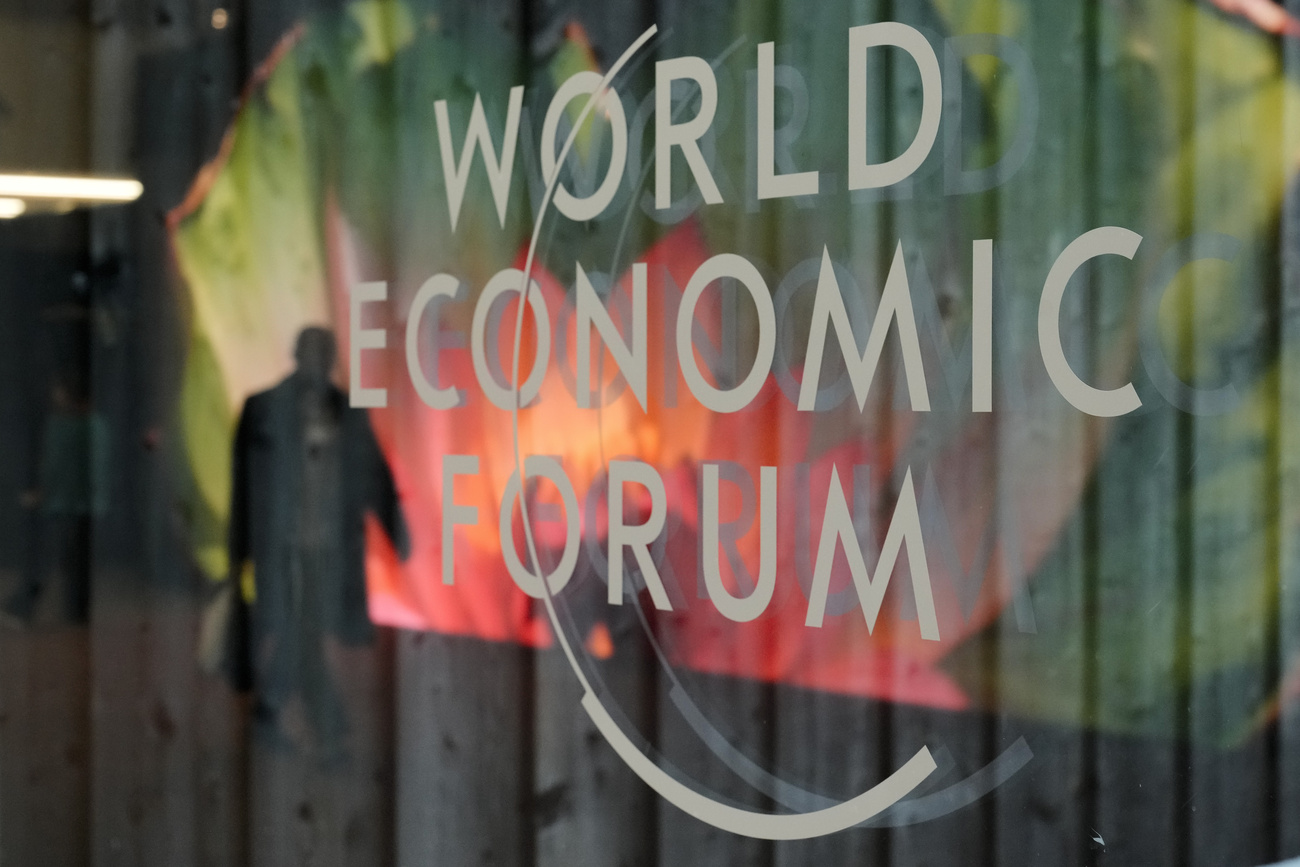
Swiss army knife maker innovates to meet global blade restrictions

Victorinox is working on a pocketknife without blades. The increasing regulation of knives due to the violence in the world has prompted the Swiss company to re-think, CEO Carl Elsener said in an interview.
“The blade gives rise to a weapon-like image in some markets,” said Elsener in an interview with “Blick” published online on Monday. In England and some Asian countries, only those who need a knife for work or outdoor activities are allowed to carry one.
+ How carrying a Swiss army knife can land you in court
In cities, the carrying of pocketknives is severely restricted. Instead, Elsener has in mind a multifunctional tool that can be used by cyclists, for example.
This is not the first time the company has been confronted with the fact that the blade of the pocketknife is seen as a potential weapon. After the terrorist attacks in the US on September 11, 2001, sales of pocketknives plummeted by over 30% overnight, said Elsener.
“9/11 painfully showed us that we must not become dependent on a single business area,” he said.
The company, headquartered in Ibach in canton Schwyz, exports 80% of the pocketknives, kitchen knives, professional knives and watches manufactured in Switzerland, said the CEO. Some 20% of its products are sold in Switzerland.

More
Episode 7: The Swiss army knife
To compensate for the strong Swiss franc, the company will have to increase automation and streamlining in the future.
According to Elsener, Victorinox increased prices for pocketknives by 9%. The lower competition in the pocketknife market, compared to the other mainstay, professional knives, had made the price increase possible. The Swiss manufacturer’s professional knives are 25% more expensive than those of its competitors.
In this area, the company has to compete with manufacturers from Germany or the US.
Adapted from German by DeepL/dkk/mga
This news story has been written and carefully fact-checked by an external editorial team. At SWI swissinfo.ch we select the most relevant news for an international audience and use automatic translation tools such as DeepL to translate it into English. Providing you with automatically translated news gives us the time to write more in-depth articles.
If you want to know more about how we work, have a look here, and if you have feedback on this news story please write to english@swissinfo.ch.

In compliance with the JTI standards
More: SWI swissinfo.ch certified by the Journalism Trust Initiative


























You can find an overview of ongoing debates with our journalists here . Please join us!
If you want to start a conversation about a topic raised in this article or want to report factual errors, email us at english@swissinfo.ch.